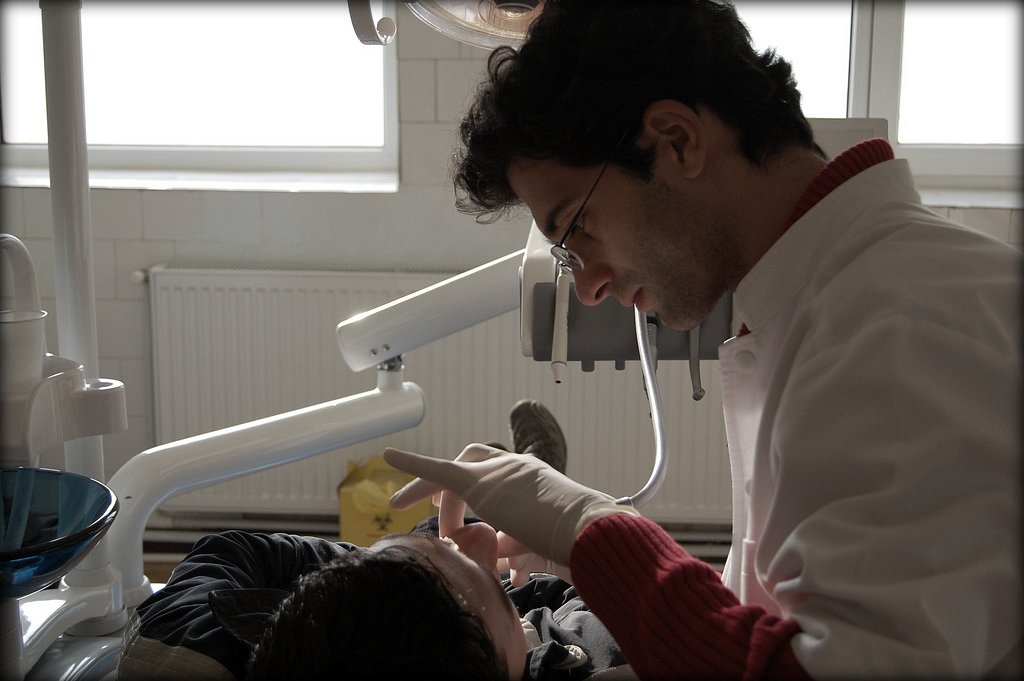Hepatitis C is a virus (HCV) that infects the liver. Technically, since the Hep C virus is an infectious disease, your primary physician will likely refer you to an infectious disease specialist. Infectious disease doctors are a class of internal medicine doctors.
Keep in mind, though, that hepatitis C is much more than a simple infection and necessitates proper treatment. Most of the time, hep C can potentially progress into chronic hepatitis C, which typically results in liver damage without treatment.
Due to the toll hep C can take on patients’ gastrointestinal function, many patients suffering from the virus often also get a referral to a gastroenterologist. This is also a subspecialty to internal medicine but specializes in diseases that affect the gastrointestinal system. Moreover, specialists who attend to patients with hep C-related liver damage on a daily basis are hepatologists.
Treatment Approaches of Hep C Specialists
Treatment depends on the severity of the damage that hepatitis has done to the liver. One must also consult their health insurance to make sure their policy covers these specialists. Usually, doctors’ offices handle the entire health insurance coverage process, but it might be best to get a head-start and find the doctors that your insurance already covers.
Getting to see the specialists you need can be a long-winded process, so doing a lot of the work ahead of time may speed up the process. Also, learning about your prescription coverage specialist may be imperative. A lot of the drugs prescribed to treat Hep C are extremely expensive and not all prescription plans cover these drugs.
With that said, it is always a sound idea to be knowledgeable about what your insurance covers, your copays, and coinsurance coverage. Sometimes, there are aids to help pay for expensive medication costs, so it is best to inquire about the financial aids that are available to you.
Featured Image: DepositPhotos@choreograph




